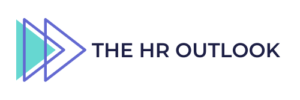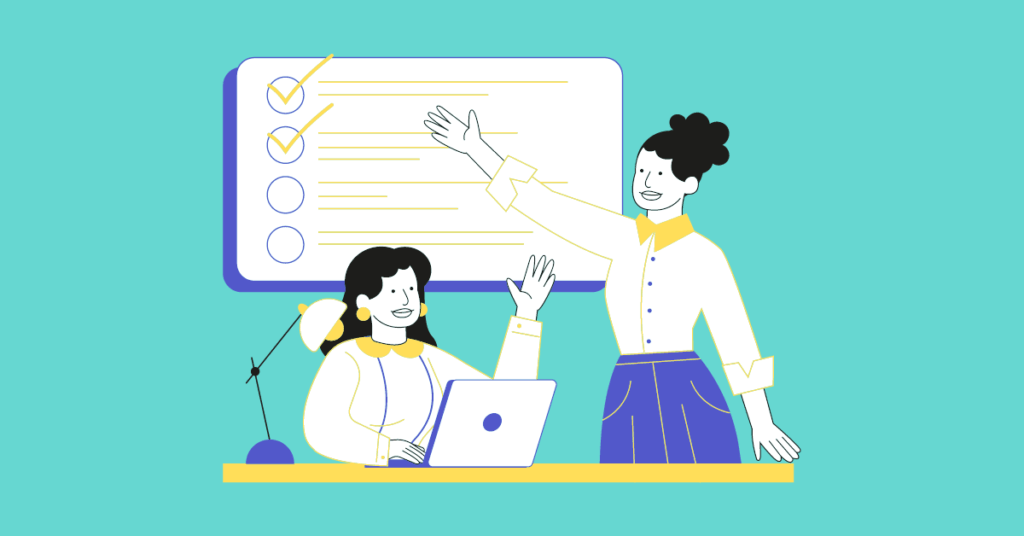As a job seeker, you may have heard the term “whiteboard interview” thrown around during your job search. If you’re unfamiliar with this type of interview, don’t worry; it’s a fairly new concept that many companies are starting to use. In this article, we’ll provide you with all the information you need to know about whiteboard interviews, including what they are, why companies use them, and how to succeed in one.
_______________________________________________________________________________________
- What is a whiteboard interview?
- Types of whiteboard interviews
- Why do companies use whiteboard interviews?
- Alternative interview formats to whiteboard interviews
- Common whiteboard interview questions
- Whiteboard interview etiquette
- Tips for preparing for a whiteboard interview
- Resources for Whiteboard Interview Preparation
What is a Whiteboard Interview?
A whiteboard interview is a type of technical interview used by companies to assess a candidate’s coding skills, problem-solving abilities, and communication skills. Essentially, the interviewer will present a coding problem or a design problem, and the candidate is expected to solve it on a whiteboard while explaining their thought process to the interviewer. Whiteboard interviews are common in the tech industry and are often used by companies to assess a candidate’s ability to work under pressure and collaborate with others.
Types of Whiteboard Interviews
There are a few different types of whiteboard interviews that companies may use. One type is a live coding interview, where the candidate is expected to write code on a whiteboard while the interviewer watches. Another type is a design interview, where the candidate is asked to design a system or architecture on a whiteboard. There are also hybrid interviews, which may combine both live coding and design elements.
The whiteboard live coding interview is used to assess a candidate’s coding skills and ability to write efficient and effective code. The whiteboard design interview is used to assess a candidate’s problem-solving skills, creativity, and ability to communicate their ideas effectively.
Why Do Companies Use Whiteboard Interviews?
Companies use whiteboard interviews for a few different reasons. Firstly, it allows them to evaluate a candidate’s technical skills in a more practical way than a traditional interview. Secondly, it allows the interviewer to evaluate the candidate’s communication and problem-solving skills, which are important for success in a technical role. Finally, it can help the company identify candidates who are a good cultural fit and can collaborate effectively with others.
Whiteboard interviews also give a more accurate picture of a candidate’s skills than traditional interviews. In a traditional interview, a candidate may be able to give impressive-sounding answers to questions, but it’s difficult to know if they truly understand the material or are just good at memorizing answers. In a whiteboard interview, the candidate has to demonstrate their understanding of the material by working through a problem in real time.
Alternative Interview Formats to Whiteboard Interviews
While whiteboard interviews are becoming more popular, they are not the only interview format used in the tech industry. Other common interview formats include:
- Take-home coding assessments
- Pair programming exercises
- Behavioral interviews
- Technical interviews
Each of these interview formats has its own advantages and disadvantages. For example, take-home coding assessments allow candidates to work on a problem at their own pace, while pair programming exercises allow candidates to demonstrate their ability to work collaboratively with others. Behavioral interviews focus on evaluating a candidate’s soft skills, such as communication and collaboration.
Common Whiteboard Interview Questions
Whiteboard interview questions can vary widely depending on the company and the position. However, there are some common types of questions that candidates can expect to encounter:
- Coding challenges: Candidates may be asked to solve a coding problem on a whiteboard, such as implementing a sorting algorithm or solving a string manipulation problem.
- Design problems: Candidates may be asked to design a system or application on a whiteboard, explaining their thought processes and design decisions as they go.
- Brain teasers: Some companies may ask candidates to solve brain teasers or puzzles on a whiteboard, such as the classic “How many golf balls can fit in a school bus?” question.
Whiteboard Interview Etiquette
During a whiteboard interview, it’s important to follow proper etiquette to make a good impression on the interviewer. Here are some tips to keep in mind:
- Dress professionally: Dress as you would for any other job interview to show that you take the opportunity seriously.
- Listen carefully: Make sure you understand the problem before you start working on it. Ask clarifying questions if you’re unsure about something.
- Explain your thought process: Talk through your approach to the problem as you work on it. This will allow the interviewer to see how you think and approach problem-solving.
- Be respectful: If the interviewer interrupts you or asks you to take a different approach, listen to their feedback and adjust your approach accordingly.
Tips for Preparing for a Whiteboard Interview
Preparing for a whiteboard interview can be nerve-wracking, but there are some steps you can take to increase your chances of success:
- Practice coding problems: Brush up your coding skills by practicing coding problems on a whiteboard or a piece of paper.
- Practice explaining your thought process: Get comfortable explaining your thought process out loud as you work through problems.
- Research the company: Research the company and the position you’re interviewing for to get a better understanding of what they’re looking for in a candidate.
- Get a good night’s sleep: Make sure you’re well-rested the night before the interview to ensure that you’re alert and focused.
Resources for Whiteboard Interview Preparation
If you’re preparing for a whiteboard interview, there are many resources available to help you brush up on your skills:
- LeetCode: LeetCode is a website that provides coding challenges and solutions to help you practice your coding skills.
- Cracking the Coding Interview: This book provides coding interview questions and solutions to help you prepare for whiteboard coding interviews.
- HackerRank: HackerRank is a website that provides coding challenges and competitions to help you practice your coding skills.
- Interviewing.io: This website provides practice interviews with experienced interviewers to help you prepare for whiteboard interviews.
Conclusion
Whiteboard interviews can be intimidating, but with the right preparation and mindset, you can succeed in them. Remember to stay calm, communicate effectively, and listen carefully to the interviewer’s feedback. With these tips and resources, you’ll be well on your way to acing your next whiteboard interview.

